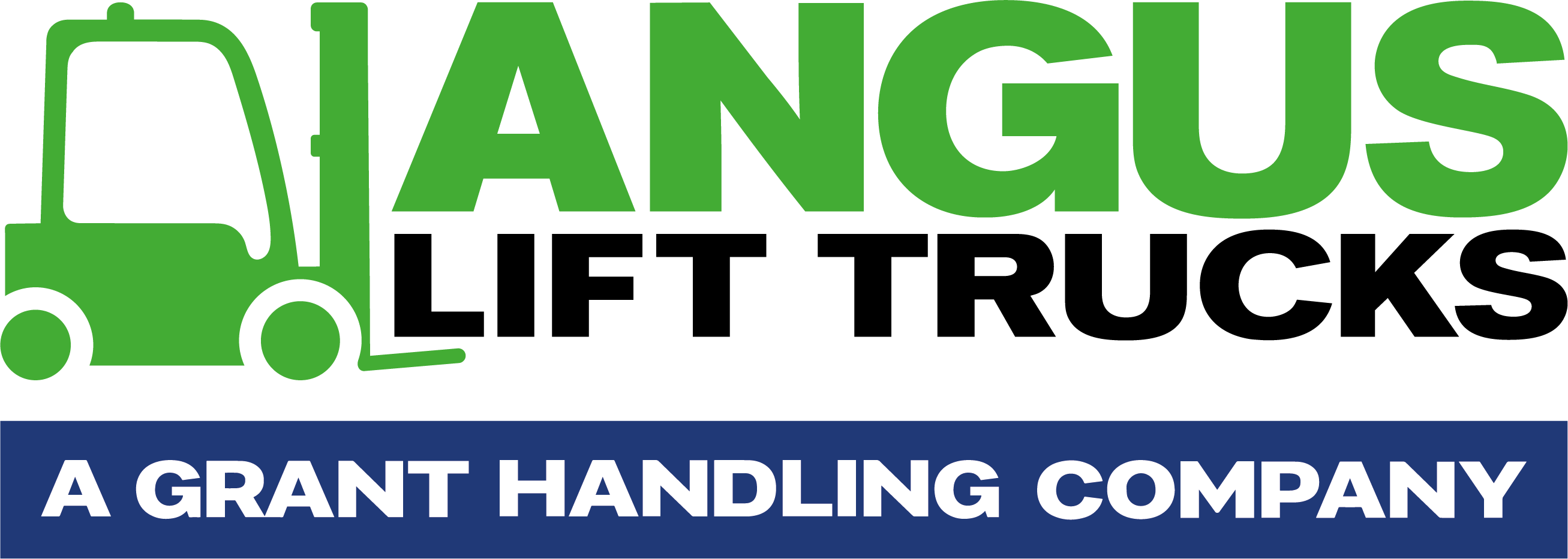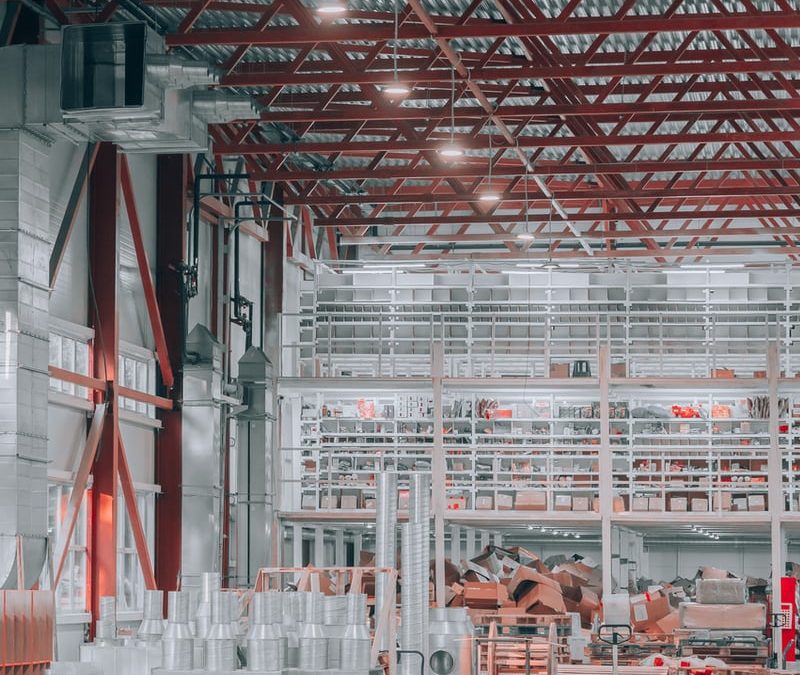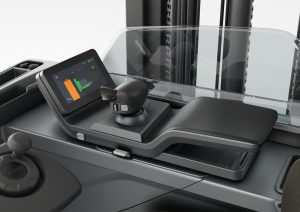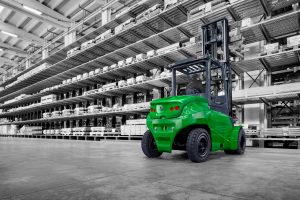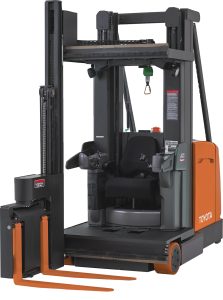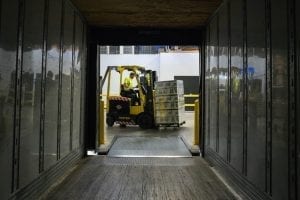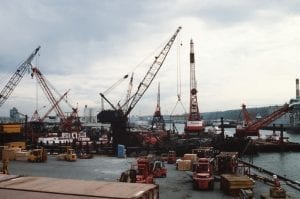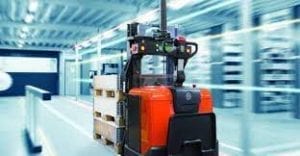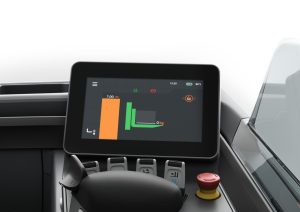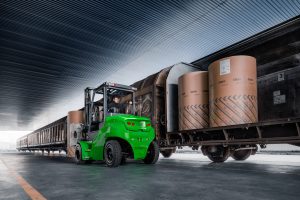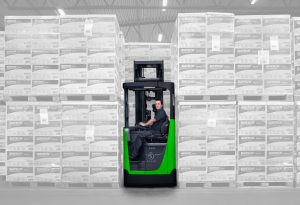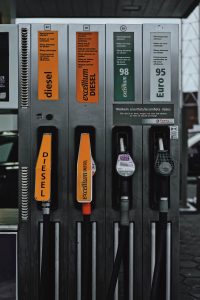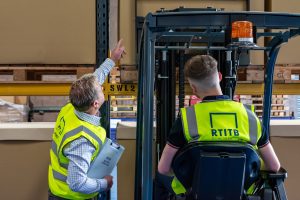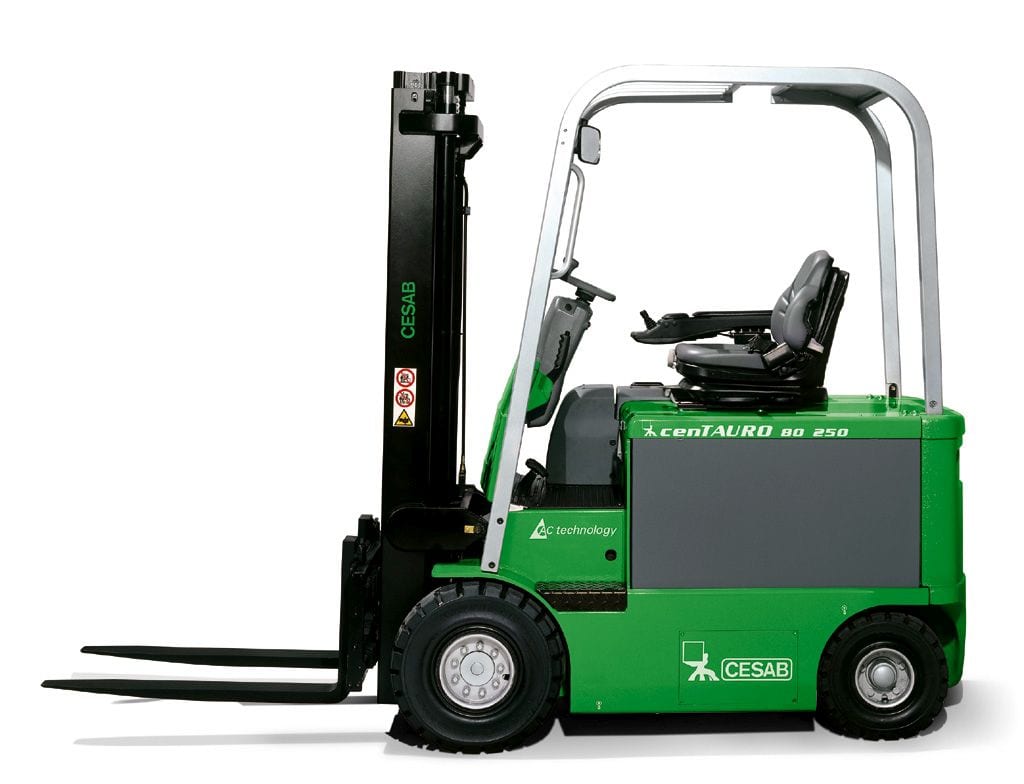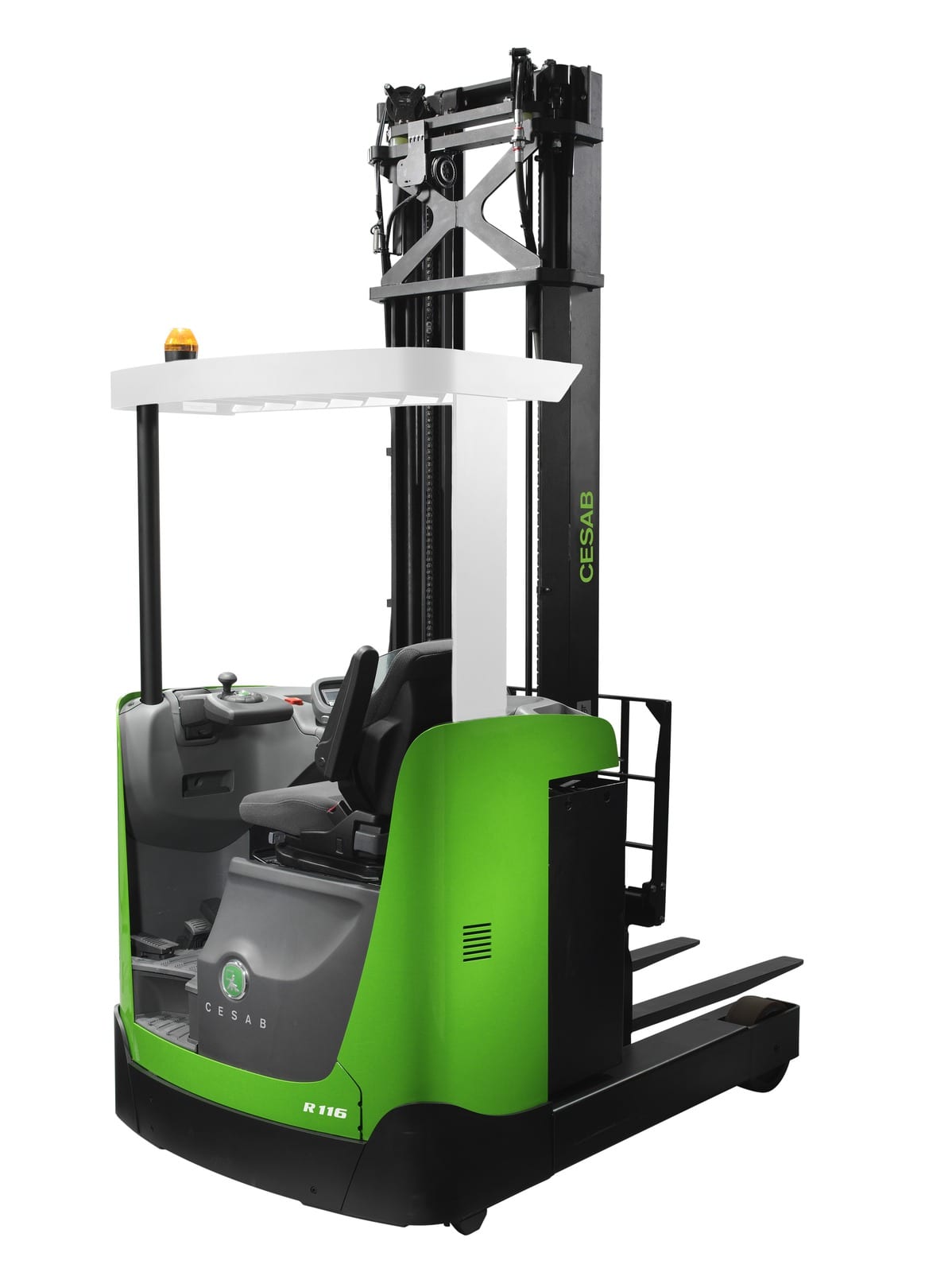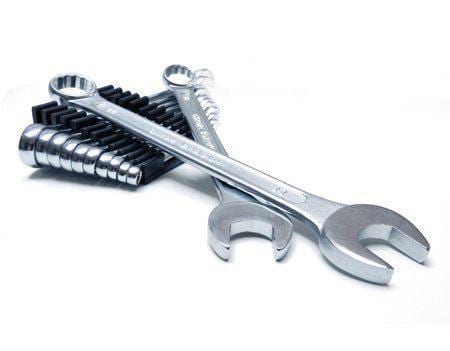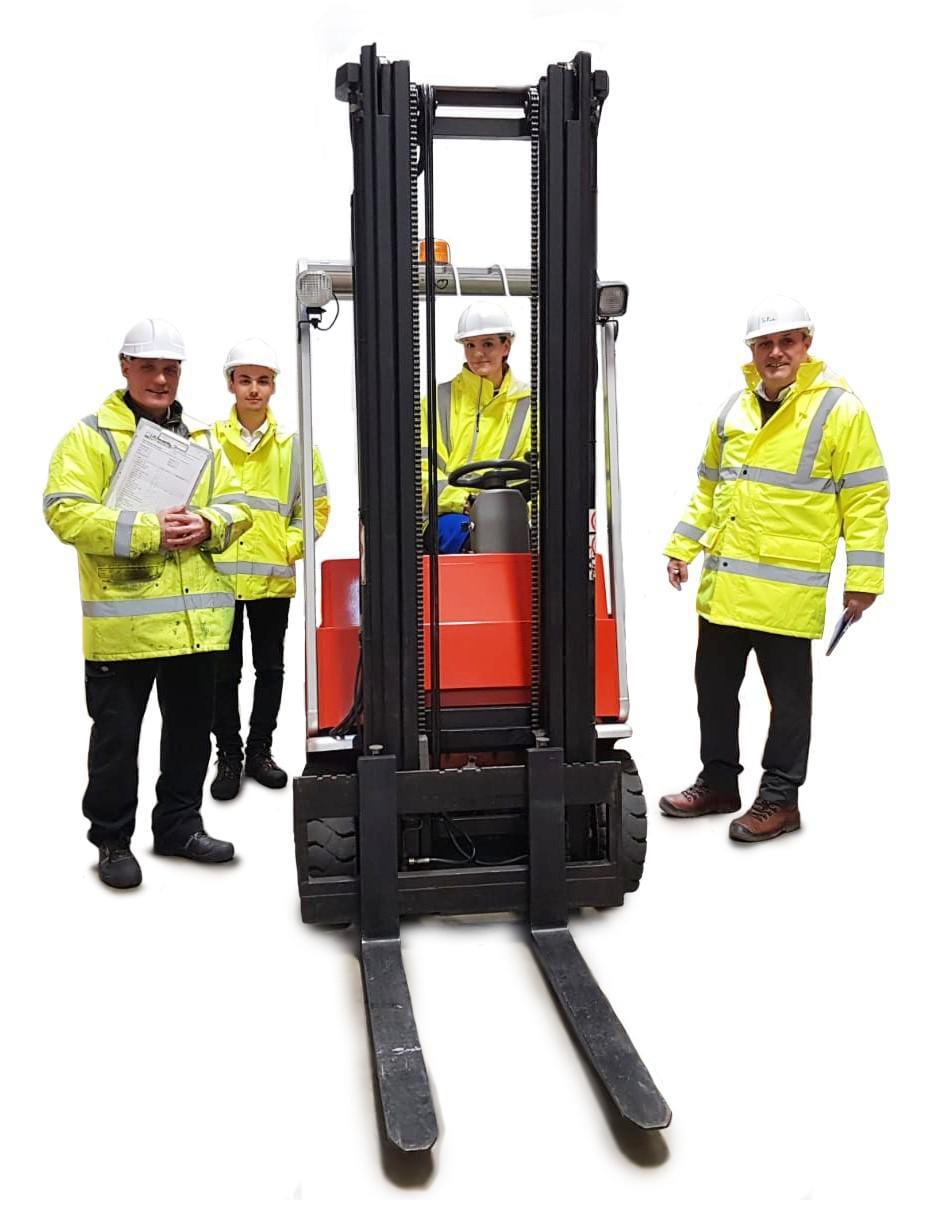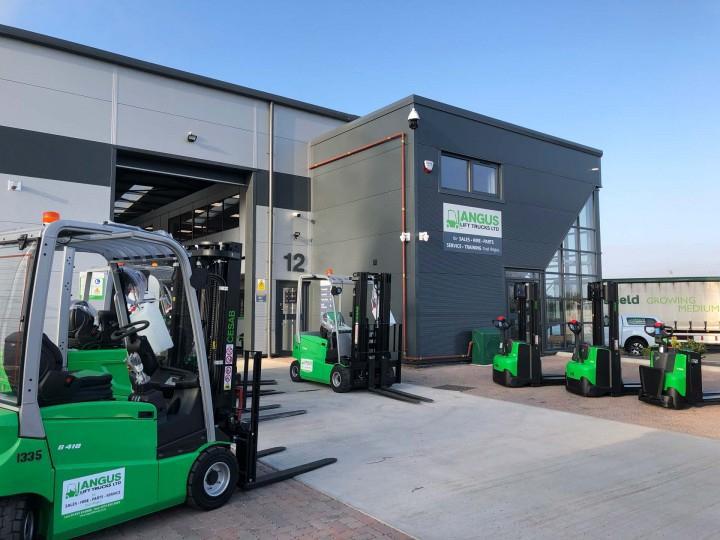AI is back in the news. The US government’s $500 billion Stargate Initiative and the emergence of Deepseek, a credible open-source LLM, mean the sky’s the limit for businesses who want to augment their operations with AI>
But how will all these technological advances affect the forklift industry? Are we entering an era where robotic forklifts and automation are becoming the norm?
Let’s take a look at what we can expect from the UK forklift industry over the next few years.
Start by listening to our podcast episode on how artificial intelligence already impacts fork truck technology, and what’s still to come in the future:
Robotic forklifts: The impact of AI on the forklift industry
As we look out across 2025, it’s time to take stock. We stand at an exciting technological inflection point with AI as the driver of a new era of productivity. Before we look at how forklift automation and other technologies will change the industry over the next few years, now is a good juncture to explore the impact that AI has already had on forklifts.
The best place to start is to examine the four core areas where AI’s impact has been felt in the forklift industry. They are:
#1. Safety
Autonomous forklift technologies have had a significant impact on safety. Some of the tools involved here include:
1. Collision prevention technology:
Detection and proximity sensors for forklifts can predict collisions and actions. These tools alert operators about danger and even stop or brake to avoid hazards.
2. Behavioural monitoring:
Forklift detection sensors can also monitor the operator, ensuring adherence to responsible speed and safety protocols.
3. Predictive maintenance:
By analysing sensor data and historical maintenance records, AI-powered forklifts can predict part or machine failure, reducing the risk of accidents.
#2. Operations
Forklift technology has also had a tangible effect on operational efficiency. Here are some of the most powerful changes.
1. Autonomous forklift operations:
Driverless forklifts and robotic lift trucks can perform repetitive tasks 24/7. This scenario has increased productivity and reduced reliance on human labour.
2. Route optimisation:
Automated guided vehicle forklift technology can optimise routing within facilities and ensure parts are lifted and loaded in the most efficient manner.
3. Load Management:
AI-powered automated forklift systems can optimise load distribution, which benefits both storage and the volume of goods transported per trip.
#3. Workforce
While much of the headlines worry about the impact of robotic forklifts on jobs, so far, they have helped augment the workforce and allowed workers to achieve greater productivity.
1. Job evolution:
As driverless forklift technology becomes the norm, operators’ roles are shifting to include system oversight and management.
2. Remote operations:
Forklift IoT paired with cloud or 5G technology has opened the door to remote-operated forklifts.
3. Training:
AI has also made the virtual reality forklift simulator possible. These tools are essential for training in a safe environment.
Looking to Buy or Hire
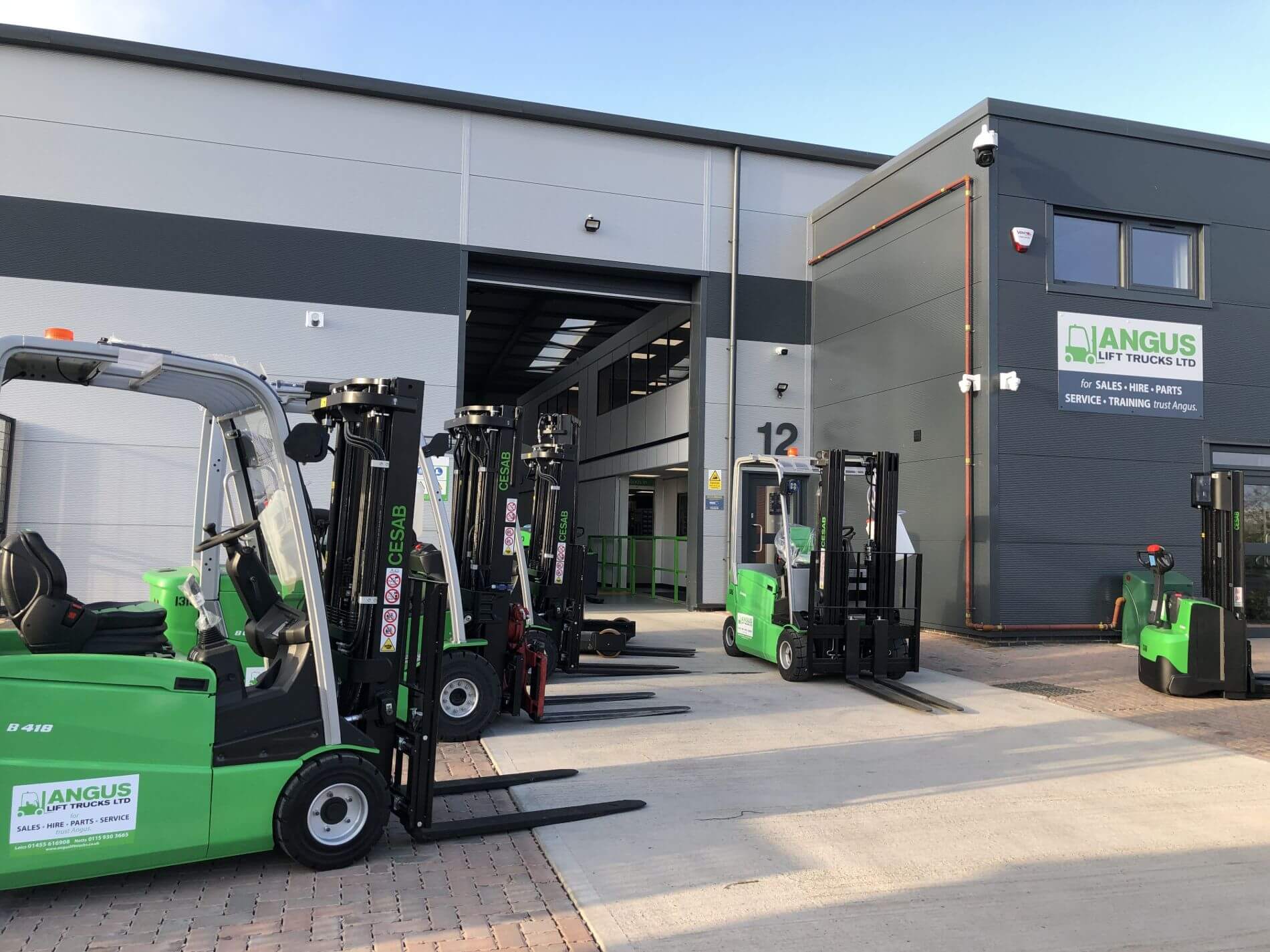
a forklift?
With 35+ years of experience, we offer our most competitive rates, flexible finance, 4h service promise & more!
#4. Economic
The adoption of AI and robotic forklift systems within the industry has significant economic implications for the UK.
1. Energy efficiency:
AI-optimized operations in autonomous fork trucks have led to improved energy efficiency, helping businesses meet cost savings and sustainability goals.
2. Increased productivity:
As robotic forklifts drive greater efficiency, many businesses have increased revenues and market shares through faster, better service.
3. Investment issues:
Some businesses have struggled to invest in autonomous forklift technology, leaving them falling behind their competitors.
OK, now that we have outlined the areas where AI-powered robotic forklift trucks have changed the industry, it’s time to look at the cutting-edge forklift trends that will shape 2025 and beyond.
#1. Advanced navigation and autonomous operation
Advanced navigation and autonomous operation are two of the most interesting examples of automated forklift robot technology. As shown in The Proliferation of Artificial Intelligence in the Forklift Industry (Goga, 2024), the technology can reduce procurement and inventory costs while boosting productivity by as much as 40%.
Recent applications of this advanced technology include systems that allow machines to create and update 3D maps of warehouses in real-time, enabling them to navigate complex environments autonomously. These AI augmentations are adaptive, predictive, and laser-focused on enhancing productivity while boosting safety.
In the paper Visual Warehouse Management Based on YOLO Deep Learning for Forklift Operations (2023), researchers used deep learning algorithms linked to proximity sensors for forklifts to facilitate real-time object detection in warehouses. Similarly, a research team from India used similar sensors alongside control algorithms to improve navigation and performance. This exciting paper, Autonomous Forklift System Using Robot Control Framework (2024), is well worth reading.
As these systems mature and proliferate, the forklift industry will change forever.
#2. Predictive maintenance and performance optimisation
Predictive maintenance is a fantastic way to reduce the costs of repairs and machine downtime. Products like Amazon Web Service Monitron offer the next stage in autonomous forklift care. This system uses AI algorithms to analyse data from sensors attached to an array of forklift parts, predicting potential failures before they occur.
To use this technology, you can attach sensors to core components such as bearings, motors, and hydraulic systems. Then, you can monitor these crucial parts for key indicators of equipment health, like vibration and temperature data. You can also track movement, performance, and even standby.
When management is equipped with this data, it can optimise fleet size, reduce downtime, extend the life of assets, and make data-informed decisions.
For a glimpse at the potential future of AI-based predictive maintenance, the recent conference paper titled Hybrid Physics-Inspired Machine Learning Framework for Predictive Maintenance of Forklift Chains: Leveraging Sensor Data Characteristics demonstrates a novel approach for using sensors to predict maintenance to a high degree of accuracy.
#3. Enhanced safety features
AI-powered pedestrian detection and collision avoidance tools are a big part of making forklifts safer. These tools can detect people in real-time and stop collisions while recording any near misses to help improve on-site safety. This advanced forklift technology also records operators to establish whether they were looking away or distracted by their phones or colleagues.
In the summer of 2024, Toyota Material Handling announced a collaboration with Fujitsu to create the AI Forklift Driving Analysis service. The tool uses AI to analyse dash camera footage, automatically detecting unsafe operations and potential risk scenarios. While the service is currently only available in Japan, expect other brands to catch up soon.
Other advances in recent years include Artificial Intelligence in Materials Handling: How Machine Learning Improves Forklift Safety (2022), a paper that shows how machine-learning software can produce better safety results when compared with traditional telemetry systems. The future of forklift driving in the UK is safer than we could ever have imagined.
#4. Virtual Reality and AI in Operator Training
While autonomous forklift robot machines are the future of space, there is still an urgent need for human operators. Virtual reality (VR) and artificial intelligence (AI) are combining to change the face of forklift operator training and offer immersive, safe, and efficient learning experiences.
The benefits here are obvious. Employers can train operatives to practice challenging, customisable manoeuvres without real-world consequences. What’s more, training time and costs are significantly reduced by getting employees up to speed because it is highly scalable.
Of course, there are other benefits to consider. AI algorithms can provide real-time feedback or personalised learning programs based on individual operators’ weaknesses. Additionally, these sessions create data that you can use to help identify trends, optimise training programs, and even predict potential safety issues.
The future of AI-powered VR training looks bright. Some of the advances that we can expect include increased realism that incorporates haptic feedback and systems that can predict issues based on operator behaviour. Integration with warehouse and forklift IoT sensors will also enable educators to recreate hybrid training environments that blend virtual and physical elements with multiple users.
Finally, strong research suggests that VR forklift training is more effective. The topic is explored in the excellent paper titled How Immersive Virtual Reality Safety Training System Features Impact Learning Outcomes: An Experimental Study of Forklift Training (2022).
#5. Energy efficiency and sustainability
Energy efficiency and sustainability are core objectives across warehouse, logistics, construction and other industries. While pivots towards greener forklift technology have been present for decades, AI offers an intriguing way to expand upon and accelerate these environmental gains.
Here are a few examples of how AI has and will continue to revolutionise the forklift industry.
1. Energy management
AI-powered energy management systems are being implemented in electric forklift fleets to make substantial energy savings possible.
Some of the areas where AI is being used for forklift energy management include:
- Optimising charging schedules to avoid peak power consumption and pricing.
- Harnessing regenerative energy by braking and other techniques.
- Improving energy forecasting for forklift fleets that allow businesses to become more prudent about energy costs.
2. Route and loading optimisation
We’ve touched upon the operational benefits of route optimisation in a section above. However, AI-powered route optimisation is also driving energy efficiency in the following ways:
- Optimised routes facilitate lower fuel consumption and greenhouse gas emissions by around 10% to 15%.
- Efficient load sequencing requires less machine time and, therefore, less energy consumption.
- Optimised routes and loading mean less pressure on forklift batteries, which translates into less maintenance, replacement parts, and environmental costs associated with spent batteries.
#6. Autonomous and remote-controlled forklifts
Autonomous forklift robot technology is moving at a breakneck pace. Leading brands are integrating machines with AI to create Autonomous Mobile Robots (AMRs) and remote-controlled forklifts.
Some of the benefits here include:
- Reduced reliance on human operators, with the potential to save significant sums after the initial investment.
- Far safer workplace environments.
- Production increases thanks to the 24/7 availability of autonomous fork truck operations.
While autonomous forklift robots do currently exist, it’s still a growth area within the industry. AI-enhanced forklifts that can be operated remotely, with the AI handling most of the routine tasks and a human operator taking control only when necessary, are an incredibly promising application of the technology.
The potential here is that a single operator can manage multiple forklifts simultaneously from a remote location. Effectively, a business could “transport” its best employee to any number of locations per day, maximising each employee’s skill set.
A recent four-year collaboration between Linde Material Handling (MH) and Aschaffenburg University of Applied Sciences (UAS), showed just how much ground is being covered in the space. The paper On the Path to Autonomous Outdoor Operation of Forklift Trucks (2024) details the successful development of autonomous counterbalanced forklifts that share information via 5G, adapt to weather conditions, and charge autonomously.
Looking to Buy or Hire

a forklift?
With 35+ years of experience, we offer our most competitive rates, flexible finance, 4h service promise & more!
Challenges and concerns of implementing AI forklift technology
The present and future benefits of implementing AI forklift technology are compelling. However, unlocking the potential of these tools isn’t always straightforward.
Let’s look at three of the biggest challenges and concerns your business might face in attempting to adopt AI forklift technology.
#1. Implementation costs
Paying for a fleet of robotic forklifts could present a number of challenges.
1. Upfront costs:
Adopting cutting-edge tools carries costs, including large upfront investments.
2. ROI:
Due to the high costs of leading technology, businesses will need to conduct cost-benefit analyses to justify the investment. Other factors at play include lower insurance rates, better health and safety performance, and productivity increases.
3. Financial barriers:
For SMEs and other more minor players, substantial investments in tech like automated guided vehicle forklift might be out of reach.
#2. Workforce adaptation
Forklift automation is a truly disruptive technology. One of the areas it will impact greatly is the workers themselves.
1. Expertise:
Implementing AI systems requires a level of expertise that most companies don’t have sitting around their office.
2. Training:
Implementing a robotic forklift system requires training to get employees up to speed.
3. Adaptation:
A fleet that is fitted out with AI-powered forklift detection sensors and route optimisation will require constant adaptation from workers.
4. Job displacement:
Like other forms of AI technology, forklift operators will feel that their job is under threat. Employers will need to help workers adapt and learn new skills that could focus on overseeing and maintaining AI systems.
#3. Data privacy and security
Finally, any system that generates lots of data will be subject to security concerns. Let’s look at some of the data privacy and security issues that come from using robotic forklift trucks.
1. Data handling:
AI-powered systems that process and transmit large volumes of data. As such, they are vulnerable attack vectors.
2. Cybersecurity:
On top of the data that forklift automation produces, their connections to company or proprietary data are another security concern.
3. Regulatory compliance:
AI implementations must comply with data protection regulations. Any new systems will require new privacy policies and measures.
Final thoughts
AI-powered robotic forklifts are changing the UK forklift industry in incredible ways. The benefits are immense and include more efficient operations, more safety and sustainability, and reduced downtime for forklifts. The technology is also changing how training is delivered, thanks to high-quality virtual reality forklift simulators that prioritise safety best practices.
While there are hurdles and challenges facing businesses who want to adopt these revolutionary technologies, the benefits that await teams who transform are considerable. Adapting to and implementing these tools is what will set businesses apart in 2025 and beyond.
